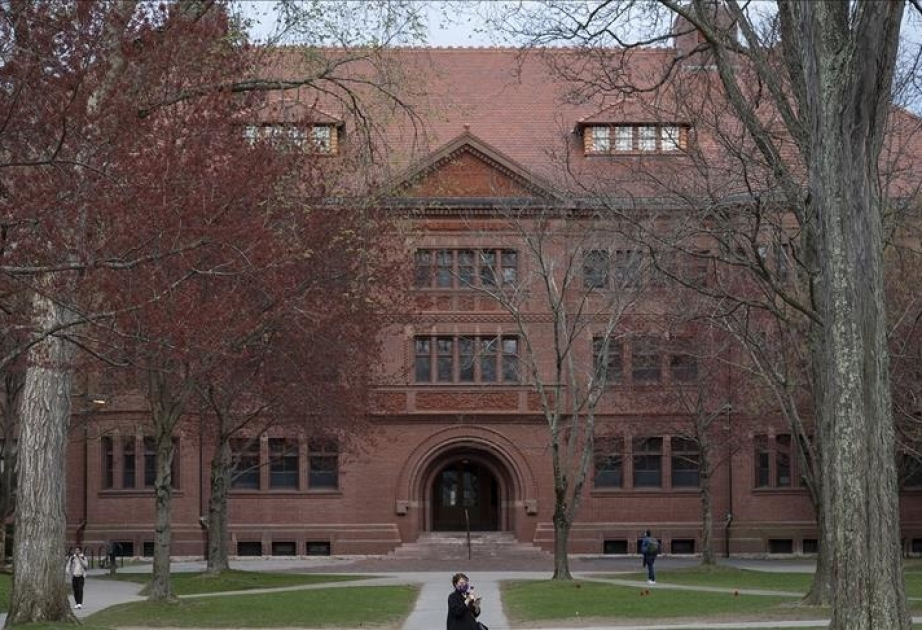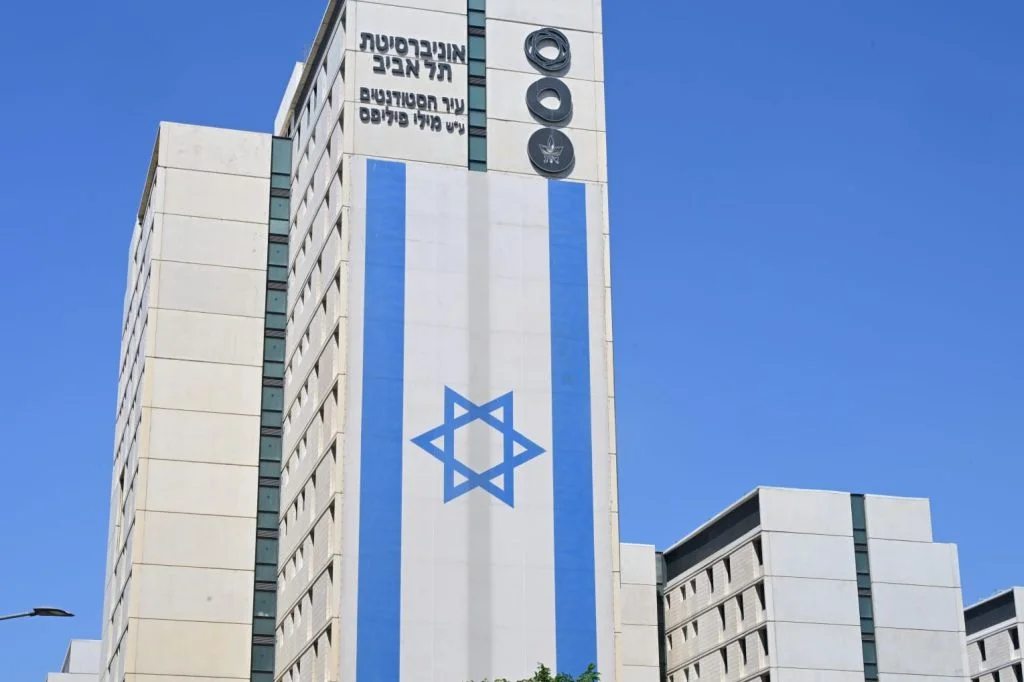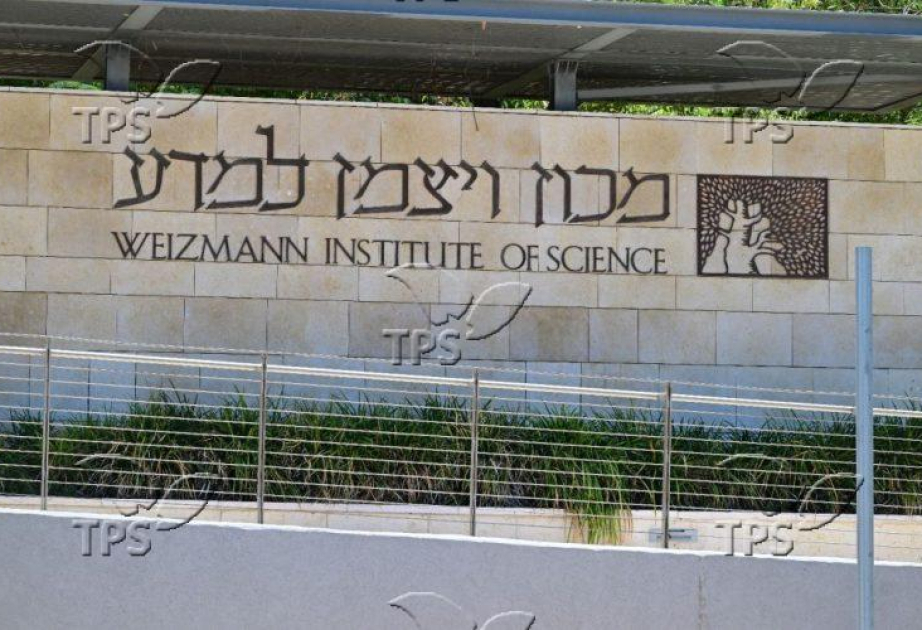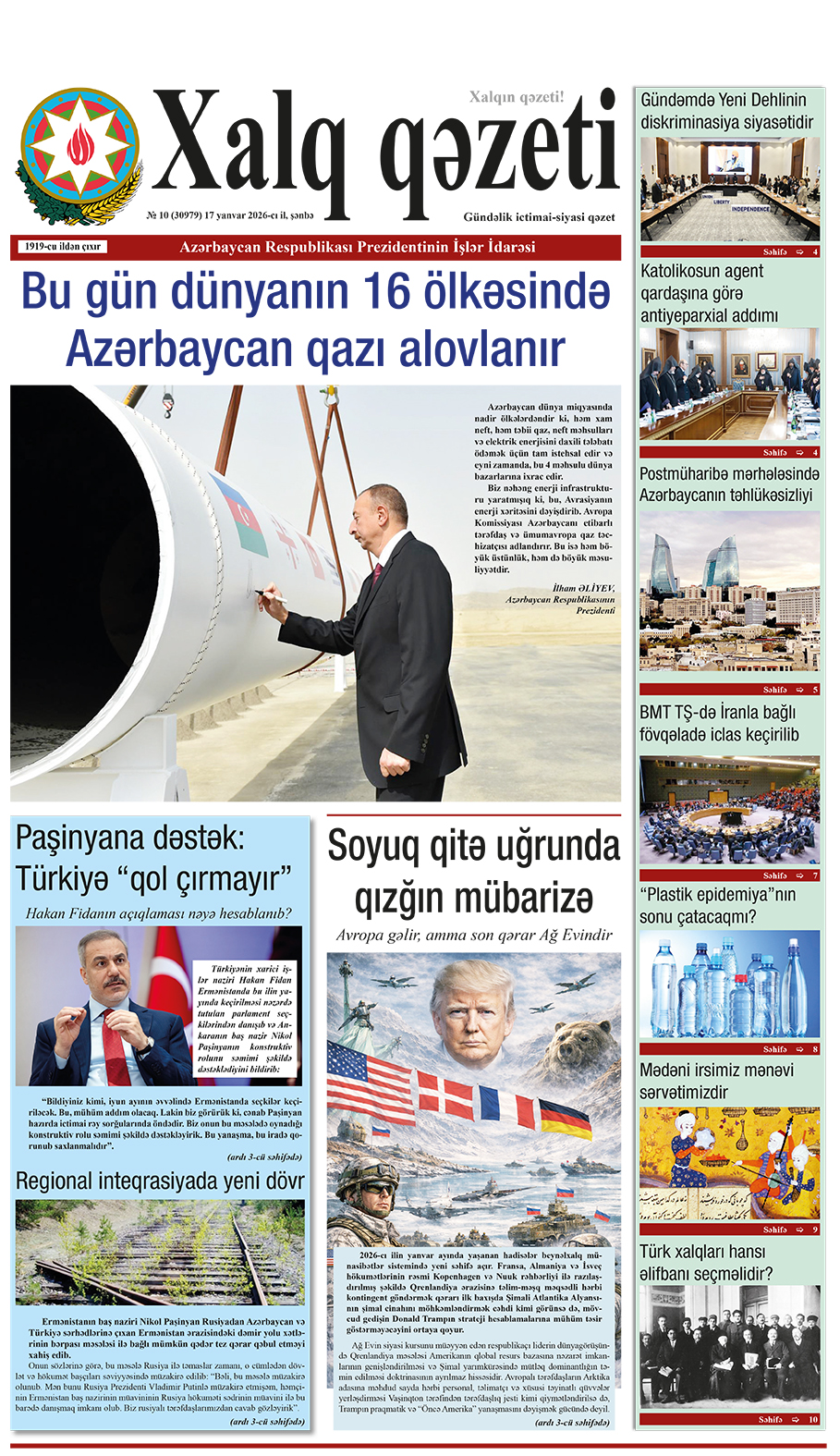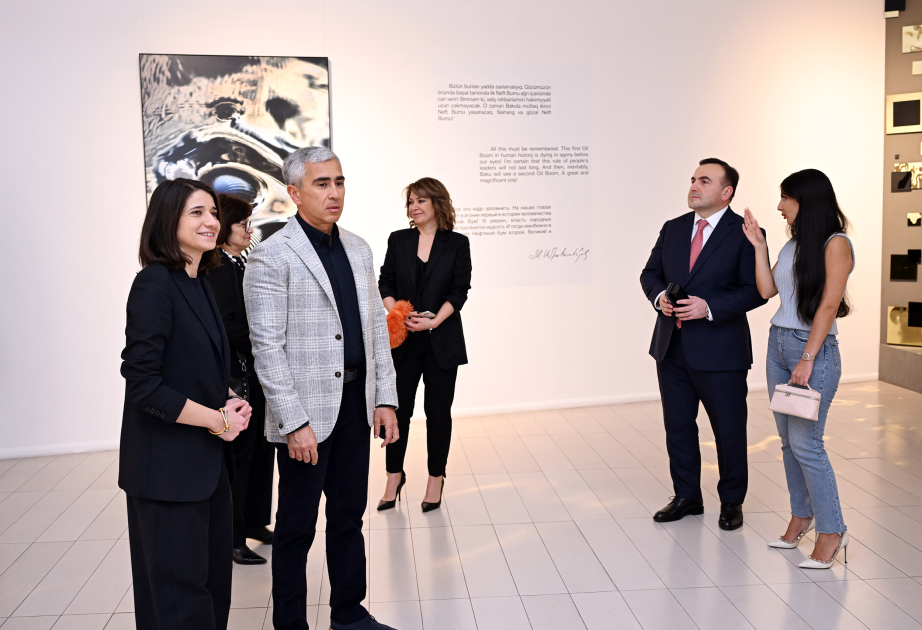Harvard University issued an apology Tuesday to its students and staff for antisemitism and Islamophobia on campus since the Israeli-Palestinian conflict began in 2023, Anadolu Agency reports.
In an online letter posted to the entire university, President Alan Garber acknowledged that the 2023-2024 academic year was "disappointing and painful" and detailed the findings of the presidential task forces he created to combat both Jewish and Muslim hate on campus.
"I am sorry for the moments when we failed to meet the high expectations we rightfully set for our community," Garber wrote. "The grave, extensive impact of the October 7, 2023, Hamas assault on Israel and its aftermath had serious repercussions on our campus."
"Long-simmering tensions came to the surface and, as protests and sometimes violent clashes erupted on campuses across the country, members of our community reported incidents that led them to feel targeted and shunned on the basis of their identities," he continued.
Garber created two presidential task forces to address antisemitism and anti-Israeli bias as well as anti-Muslim, anti-Arab and anti-Palestinian bias. The goal was to find the root cause of the hate and address it openly campus-wide.
"Jewish, Israeli, and Zionist community members reported experiencing our campus climate as unwelcoming. In some cases, they hid overt markers of their identities to avoid confrontation," said Garber. "Muslim, Arab, Palestinian, and pro-Palestinian community members reported feeling judged, misrepresented, and silenced."
"Across our community, some questioned how issues concerning Israel and Palestine were addressed on our campus, noting that they found some seminars and lectures, panel discussions, and events open to the public to be one-sided, deepening feelings of exclusion and rejection, and calling into question our institutional commitment to excellence and rigor in our academic pursuits," he added.
He said what was the most disturbing to him was "the reported willingness of some students to treat each other with disdain rather than sympathy, eager to criticize and ostracize, particularly when afforded the anonymity and distance that social media provides."
"Some students reported being pushed by their peers to the periphery of campus life because of who they are or what they believe, eroding our shared sense of community in the process," said Garber, who announced that the findings by the task forces will be used "to provide for the safety and security of all members of our community and safeguard their freedom from harassment."
Garber emphasized that his goal is to ensure that Harvard is an institution in which "ideas are welcomed, entertained, and contested in the spirit of seeking the truth; where argument proceeds without sacrificing dignity; and where mutual respect is the norm."
He said the recommendations from both task forces will be used to develop, revise and implement new policies and training, nurturing "a widespread sense of belonging and promoting respectful dialogue."
"Especially when tensions are high, we must embrace the challenge of seeing one another as we truly are, unique individuals with complex beliefs and identities, leaving our preconceptions behind and meeting one another with kindness and concern," said Garber.
"The good we do today and in the days to come is for all of us. May our successors, whether they are Jewish, Israeli, Muslim, Arab, Palestinian, or of any combination of backgrounds and perspectives, find Harvard to be a place where they can be themselves, express their views freely, and encounter sympathy and understanding.
"Harvard cannot—and will not—abide bigotry."


